2 August 2021
Marija Pejčinović Burić
Secretary-General of the Council of Europe
Commemoration speech on the occasion of 2 August 2021, Holocaust Memorial Day for Sinti and Roma
This year, and every year, it is important to pay tribute to the thousands of Roma men, women and children murdered in the extermination camp of Auschwitz-Birkenau on the night of 2 August 1944 and to the hundreds of thousands of Roma who perished in the Roma Holocaust at the hands of the Nazi regime and its allies.
Today, Europe must learn from the past so that, together, we can fight antigypsyism in the present.
It is a good sign that more European countries now formally recognise European Roma Holocaust Memorial Day. This is important for transmitting remembrance down the generations.
But while the Roma of Europe today face no threat of genocide, they continue to encounter intimidation and aggression, as we have further seen in the context of the COVID-19 pandemic, where many have been scapegoated and even attacked.
And the old prejudices of the past find their voice today in hate speech against Roma in social media.
So, while remembrance is important, other actions are required too.
Fighting discrimination, racism and antigypsyism is a priority for the Council of Europe.
Because only when Roma and Travellers’ fundamental, legal rights are respected will members of those communities be able to live as equal members of society, free from fear and stigmatisation, as every individual should.
More than this, last year our Committee of Ministers adopted a Recommendation to include the history of Roma and Travellers in school curricula and materials. This enables young Europeans to know and appreciate Roma art, music, and story-telling, and religious and cultural traditions – and to celebrate their positive contribution to our shared European story.
To this end, the Council of Europe‘s new Observatory on History Teaching in Europe also provides opportunities to reinforce co-operation in the field of history education.
More broadly, I encourage young Europeans to build bridges between the past and the present, to enable a better future. And I invite you to carry the torch of continued commemoration, remembrance and vigilance.
Statements 2021
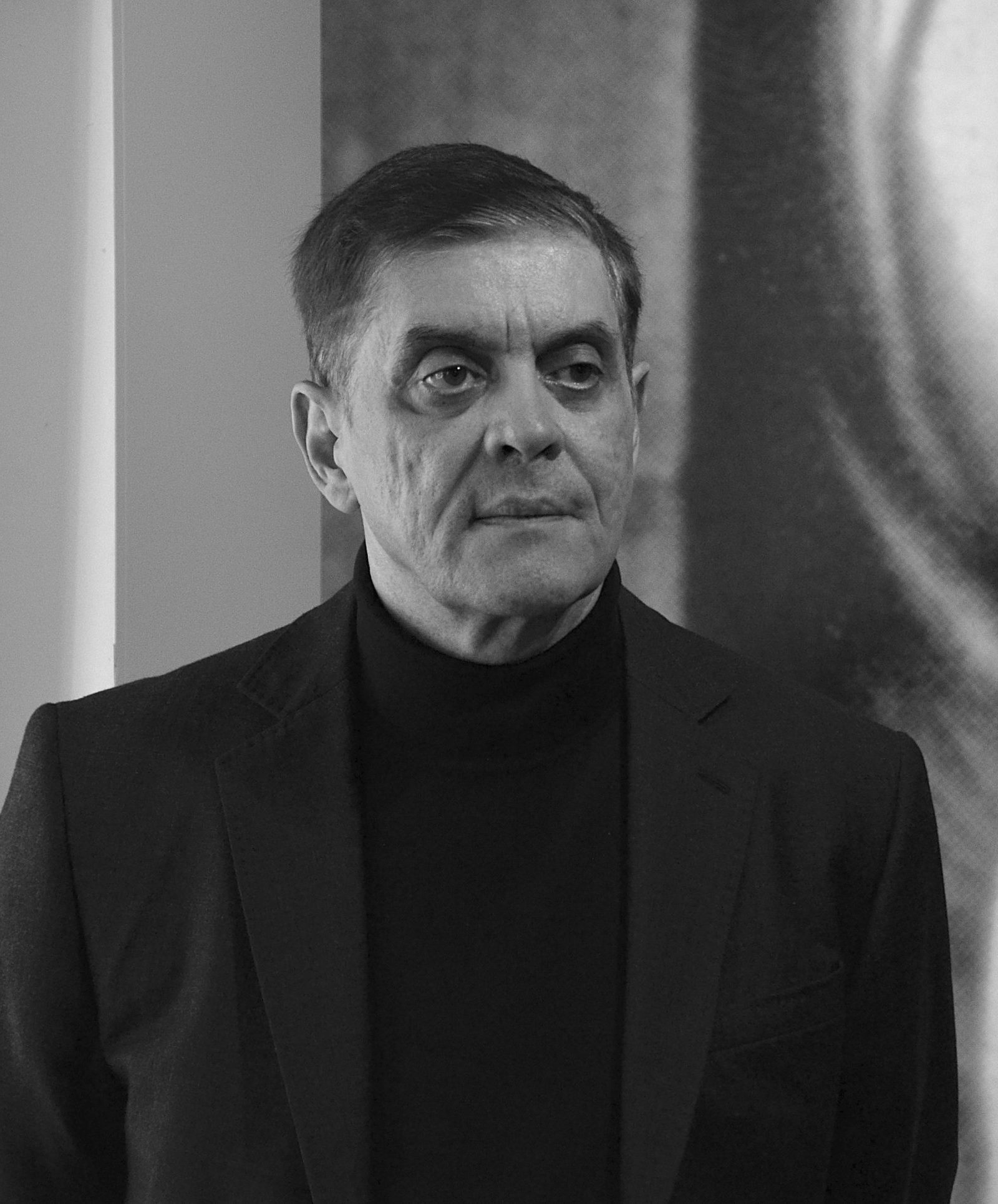
Romani Rose
Chairman of the Central Council of German Sinti and Roma

Katarina Barley
Vice President of the European Parliament

Helena Dalli
European Commissioner for Equality
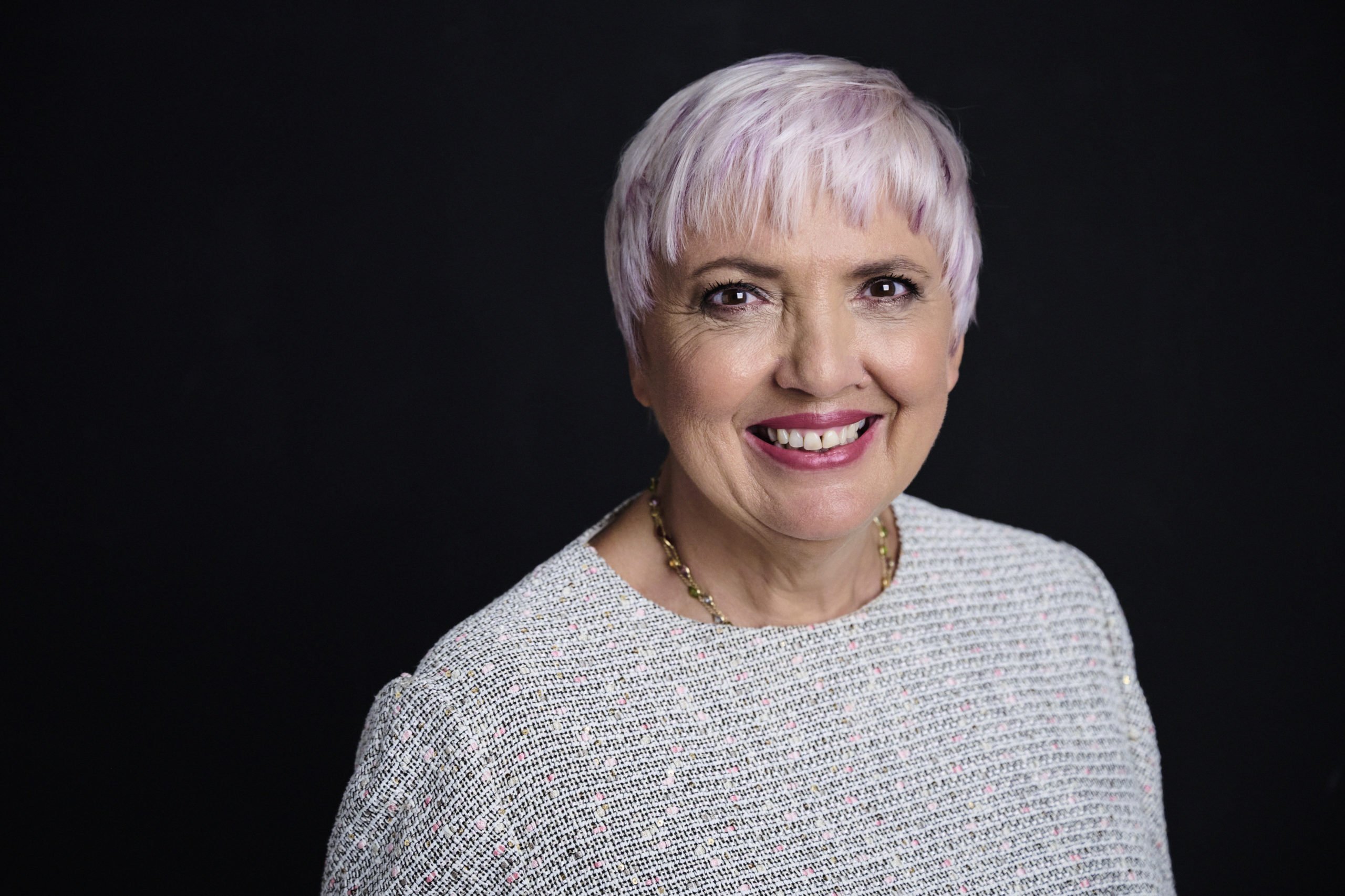
Claudia Roth
Vice President of the German Bundestag
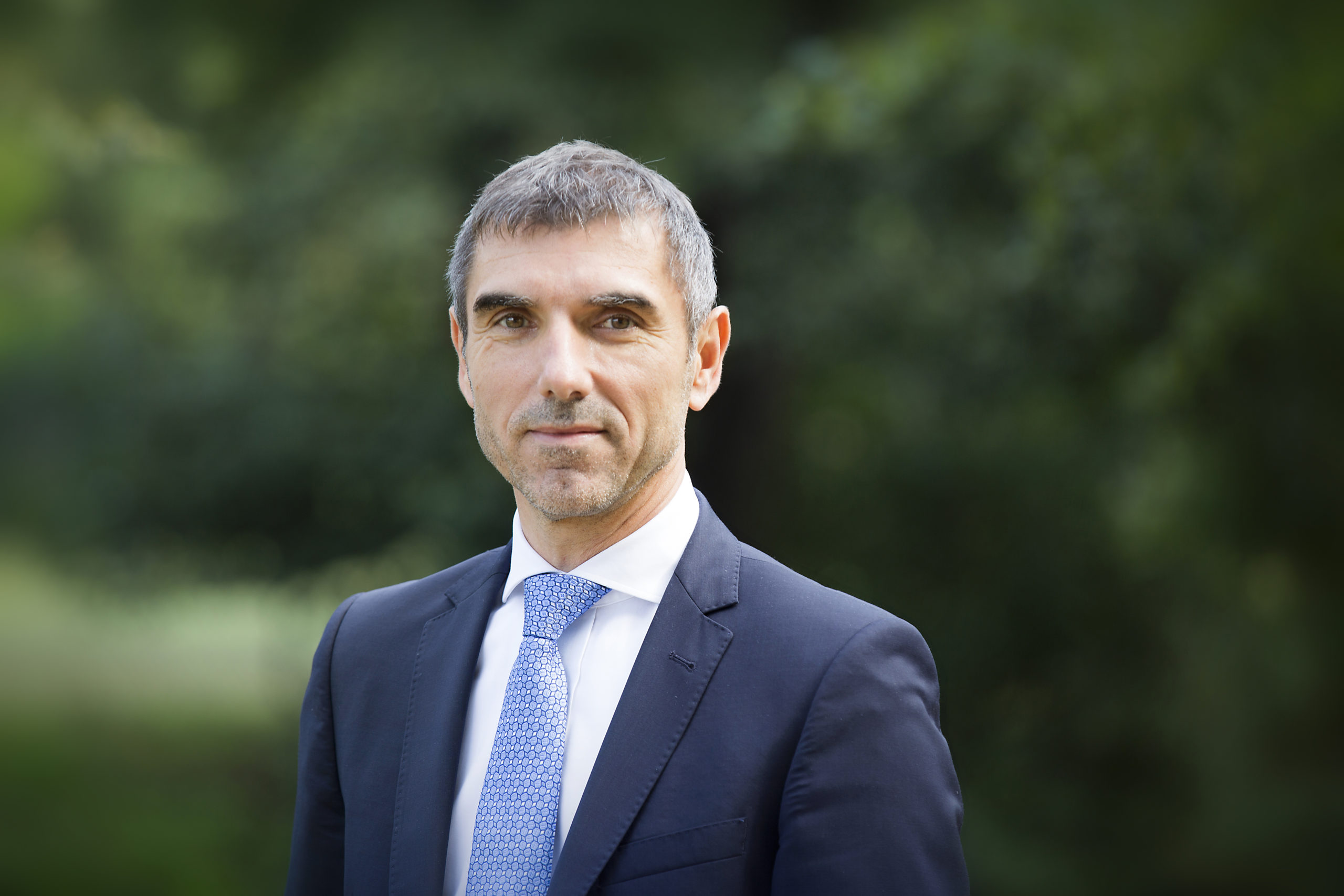
Paul Blokhuis
Dutch State Secretary Paul Blokhuis
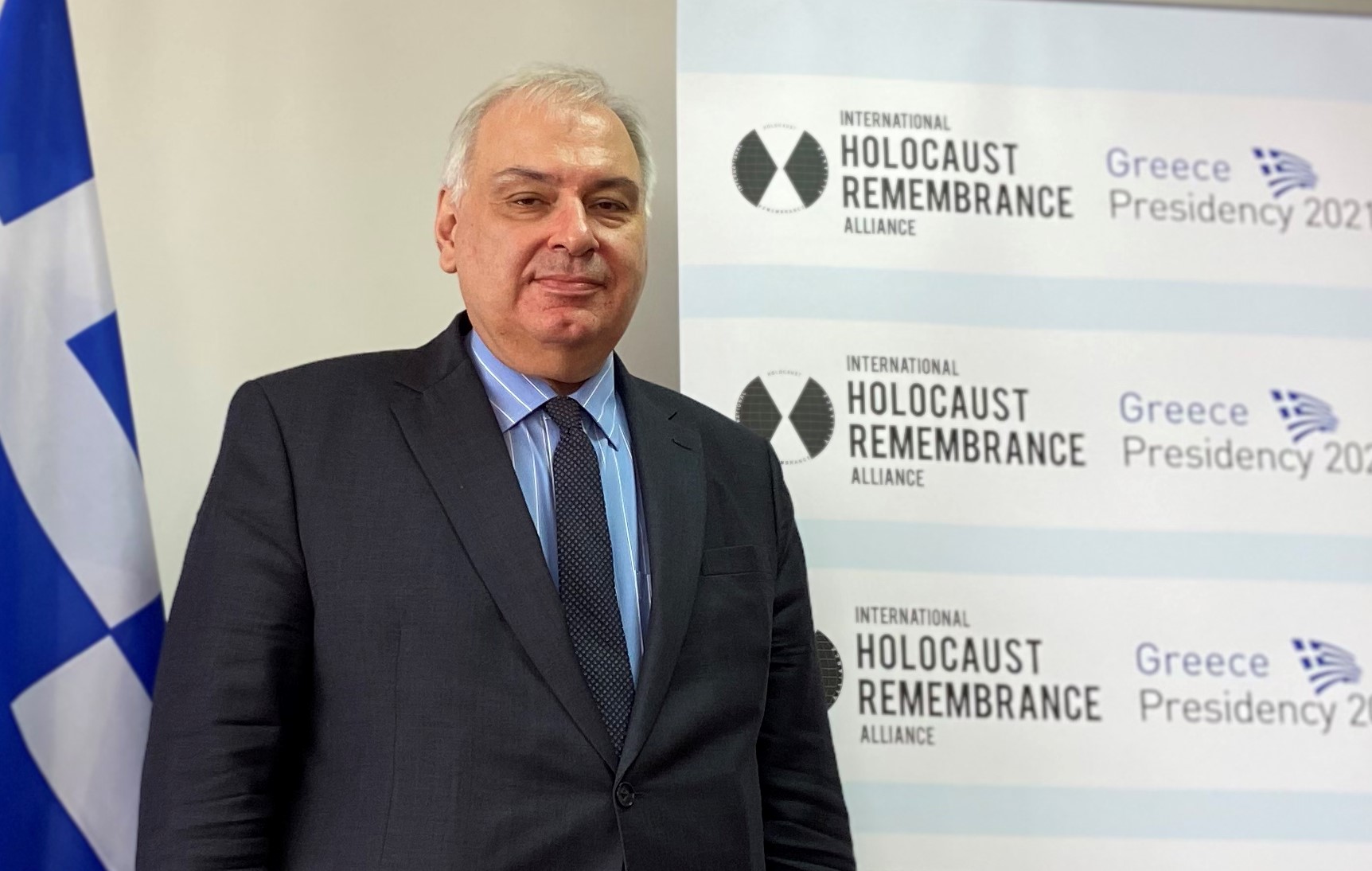
Chris J. Lazaris
Amb. Chris J. Lazaris, IHRA Chairman
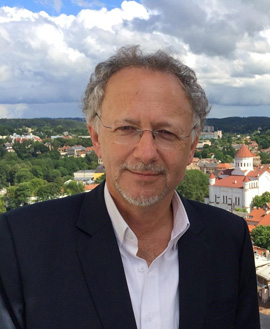
Fernand des Varennes
UN Special Rapporteur UN minorities
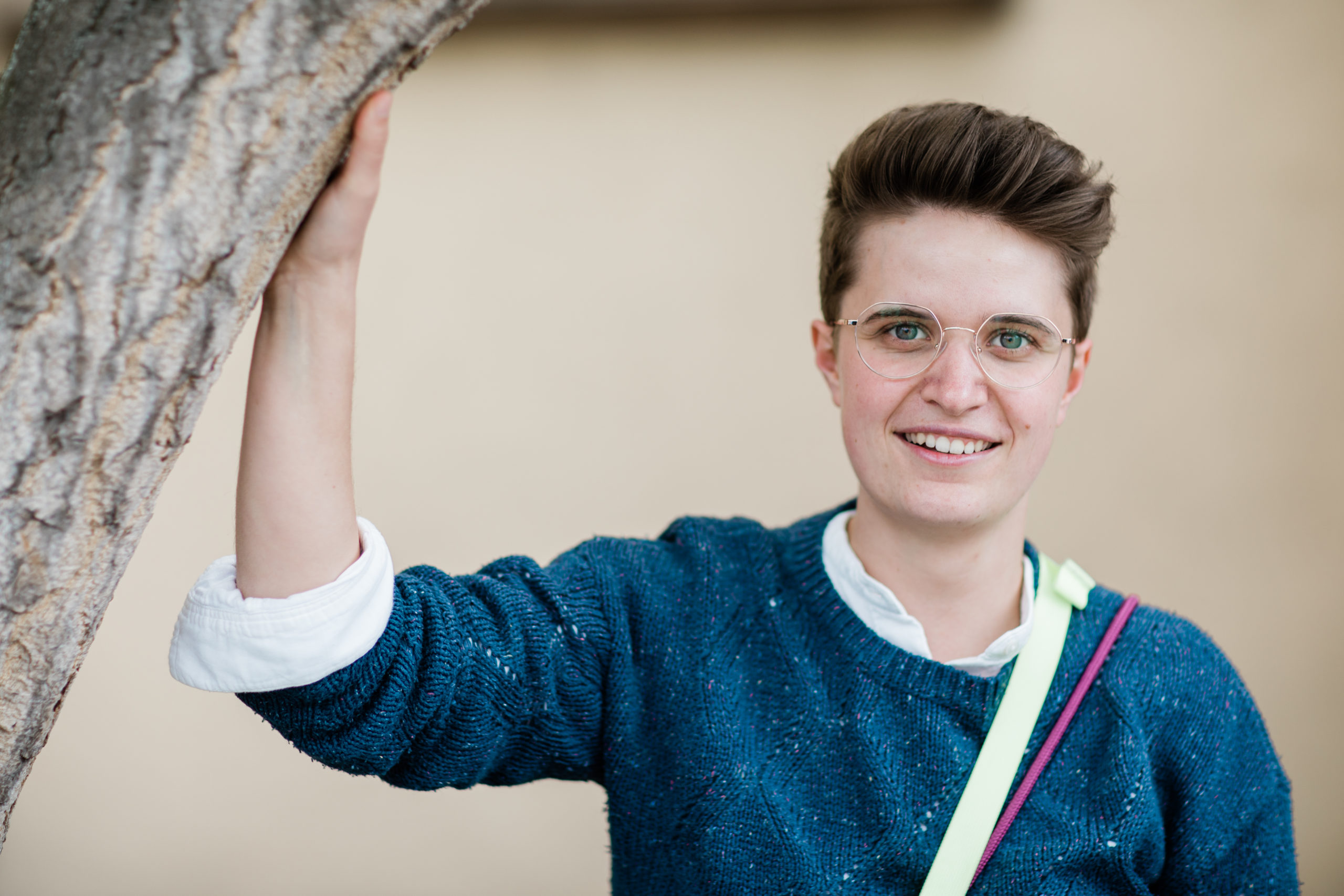
Anna-Nicole Heinrich
President of the Synod of the Evangelical Church in Germany (EKD)

Justin Trudeau
Prime Minister of Canada
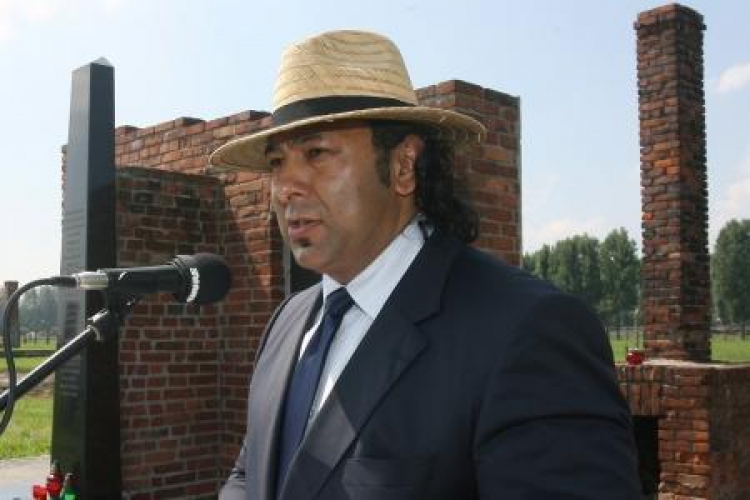
Roman Kwiatkowski
Chairman of the Association of Roma in Poland
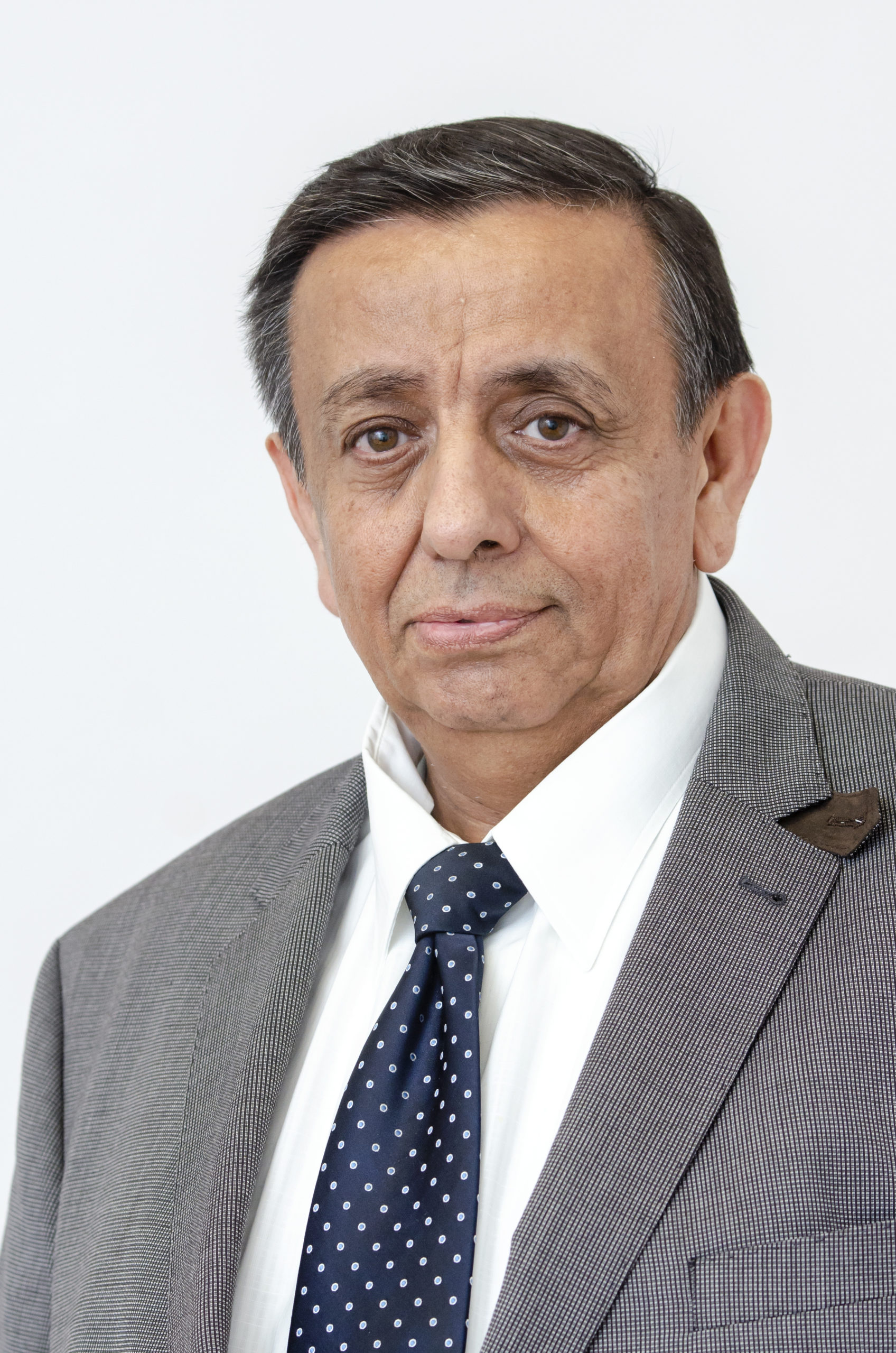
Erich Schneeberger
Deputy Chairman of the Documentation and Cultural Center of German Sinti and Roma and Chairman of the Association of German Sinti and Roma
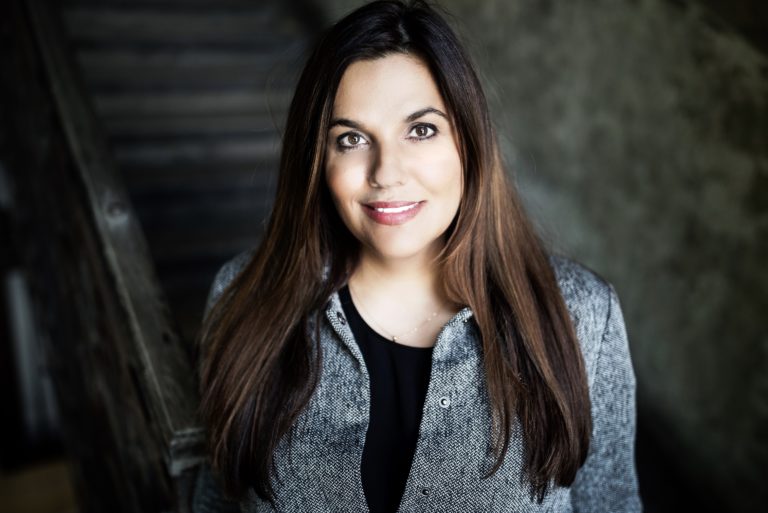
Timea Junghaus
Executive Director
European Roma Institute for Arts and Culture (ERIAC)
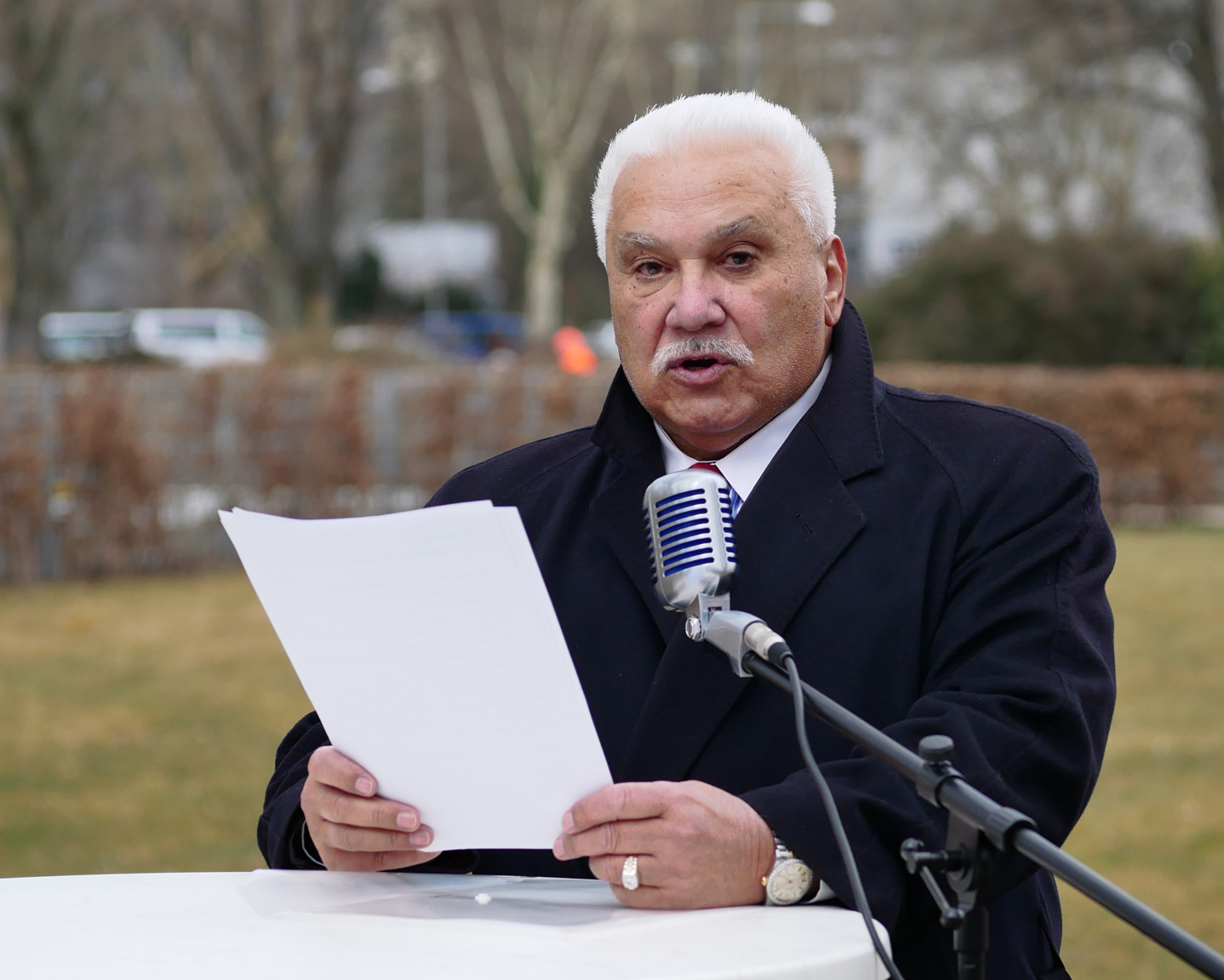
Adam Strauß
Chairman of the Council of German Sinti and Roma in Hesse
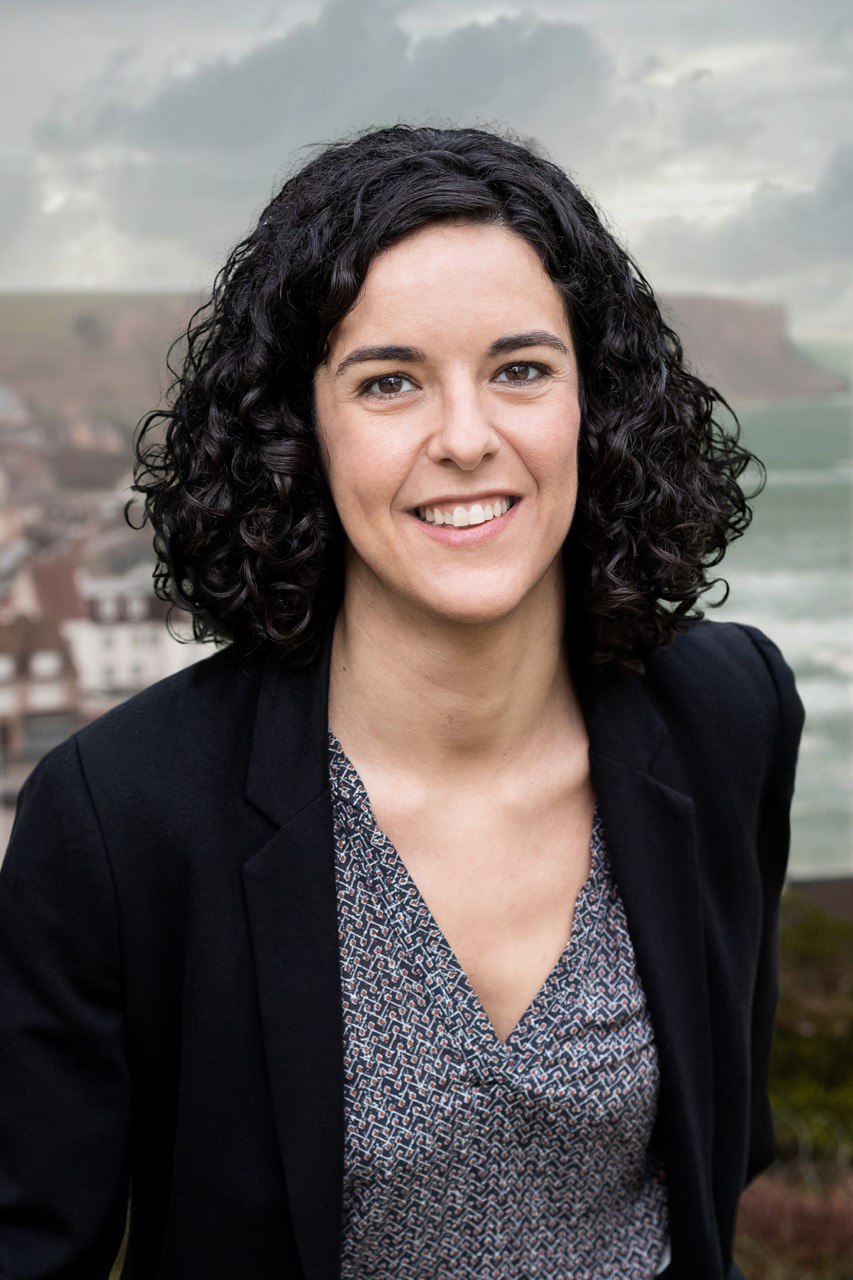
Manon Aubry
Manon Aubry, MEP
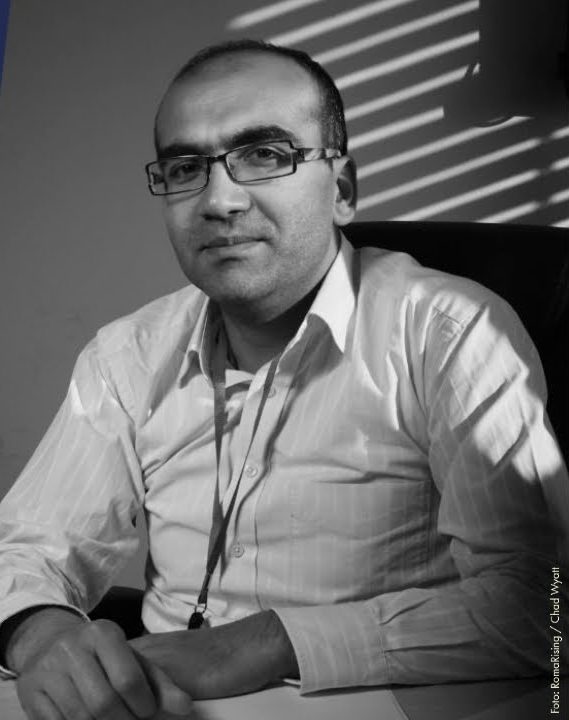
Adrian-Nicolae Furtuna
Historian at the University of Bucharest
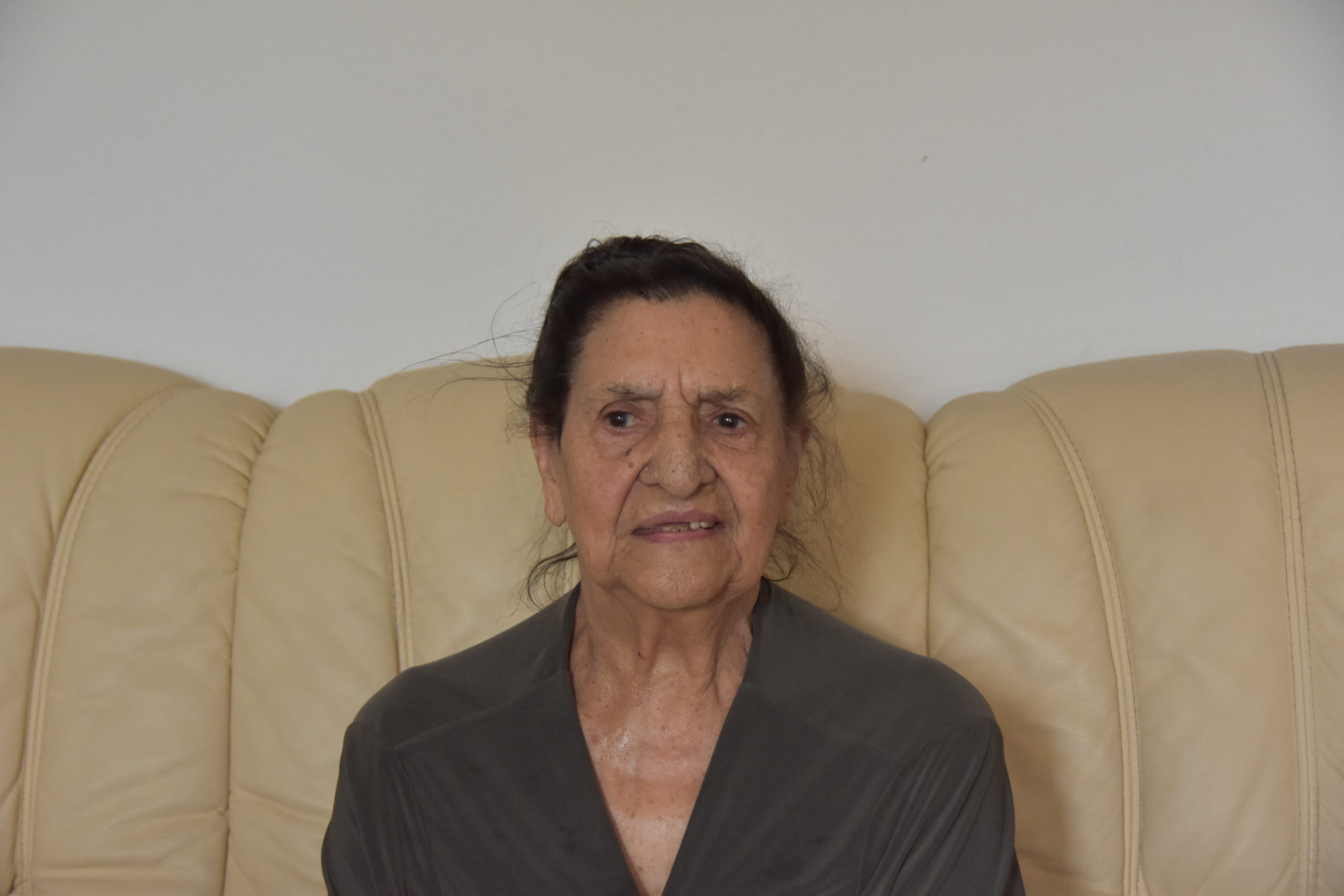
Philomena Franz
Holocaust Survivor

Angelina Kappler
German former Weinkönigin
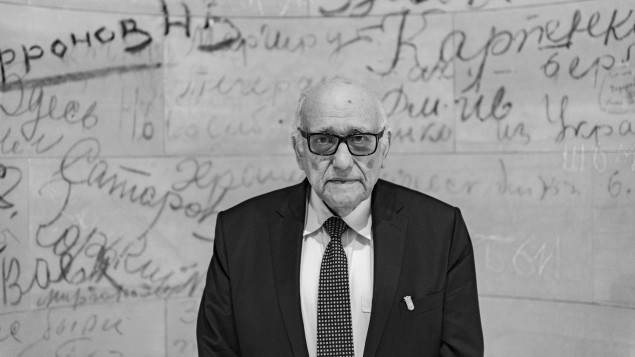
Marian Kalwary
Chairman of the Association of Jews,
Survivors and Victims of the Second World War
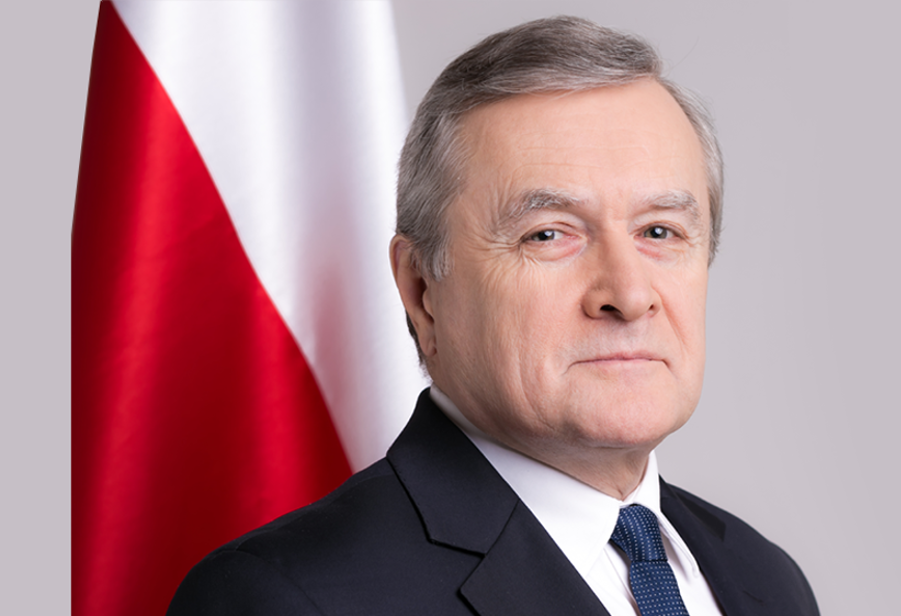
Piotr Gliński
First Deputy Prime Minister and the Minister of Culture and National Heritage of Poland
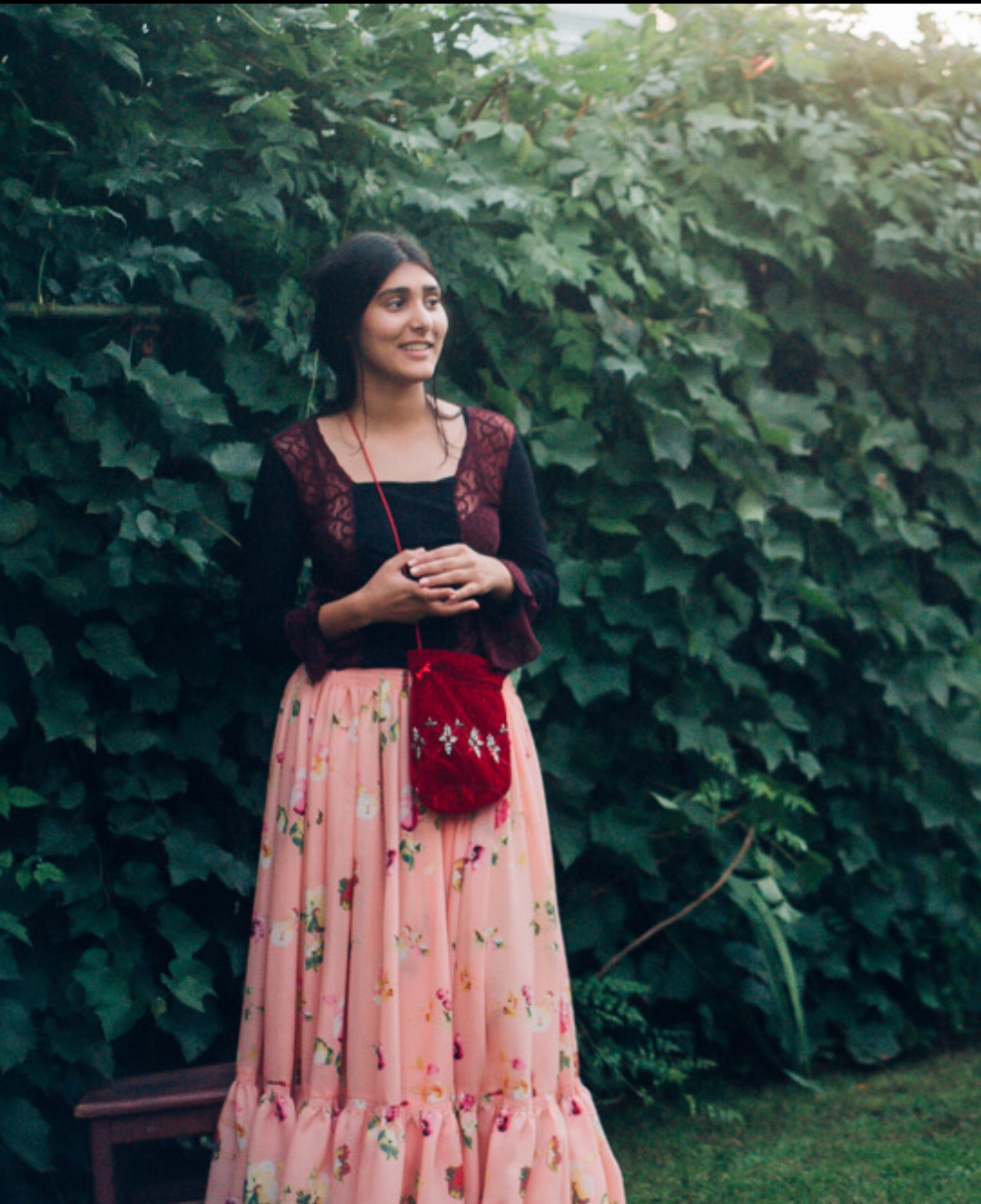
Izabela Tiberiade
Young Activist from Sweden
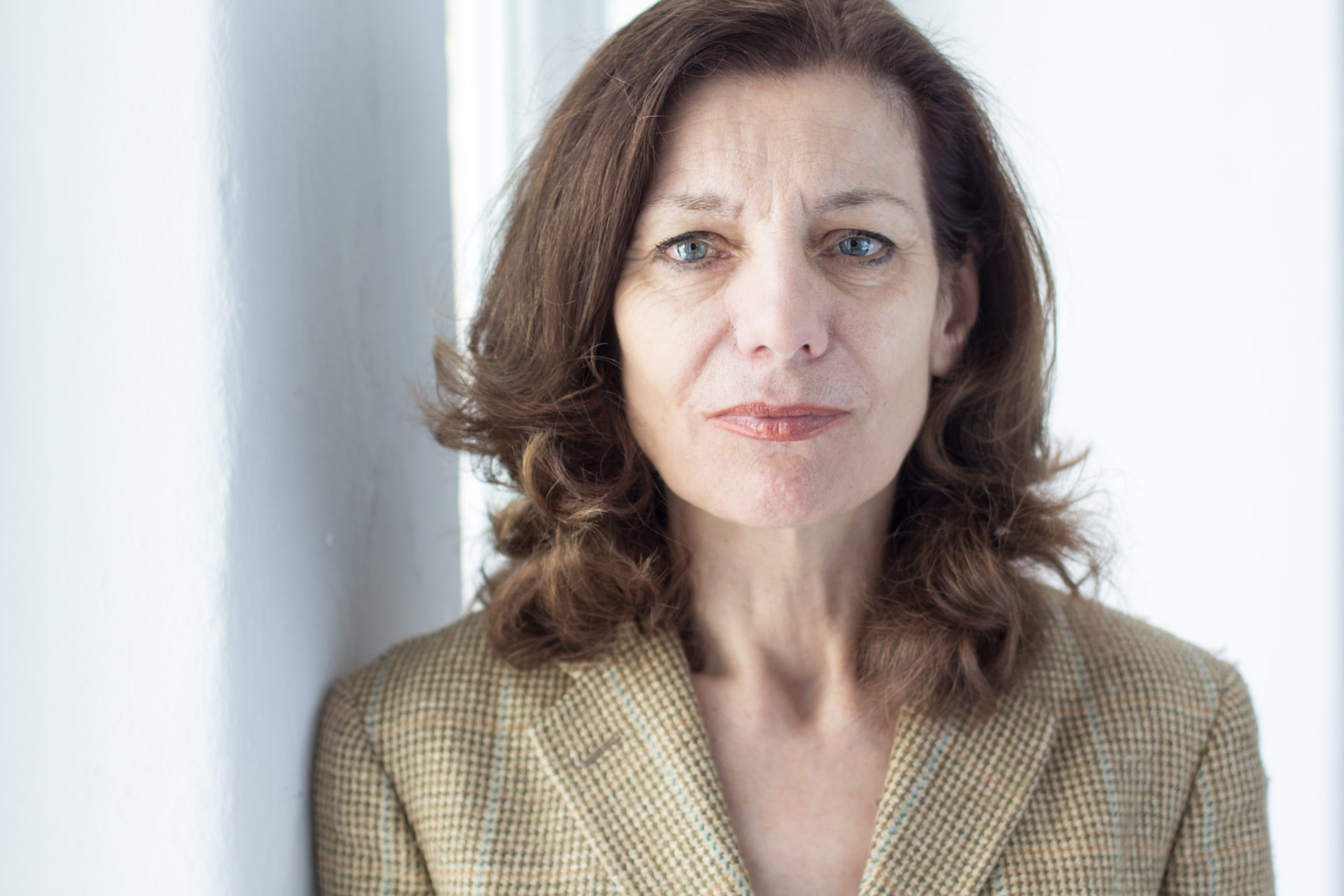
Ursula Krechel
Writer
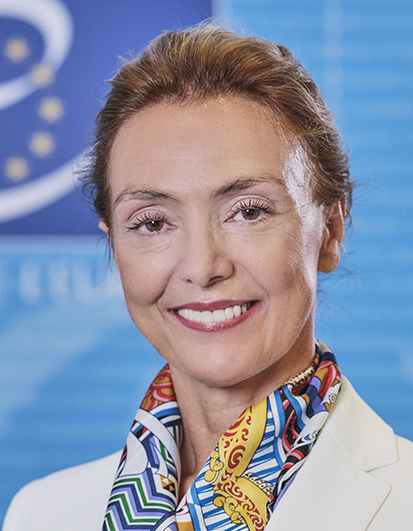
Marija Pejčinović Burić
Secretary-General of the Council of Europe
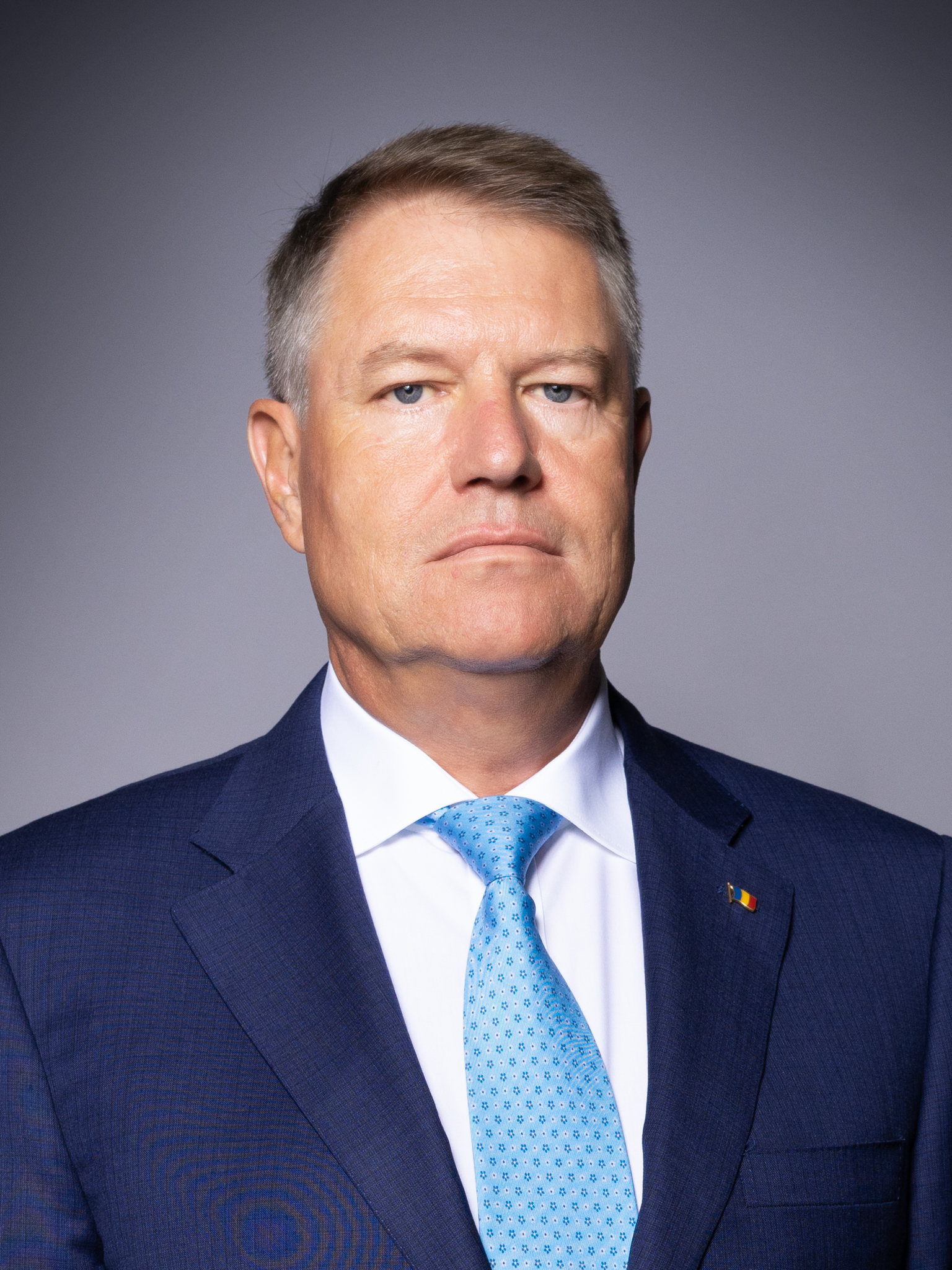
Klaus Iohannis
President of Romania










